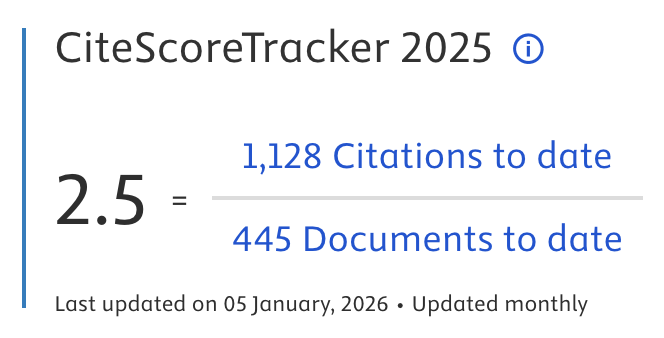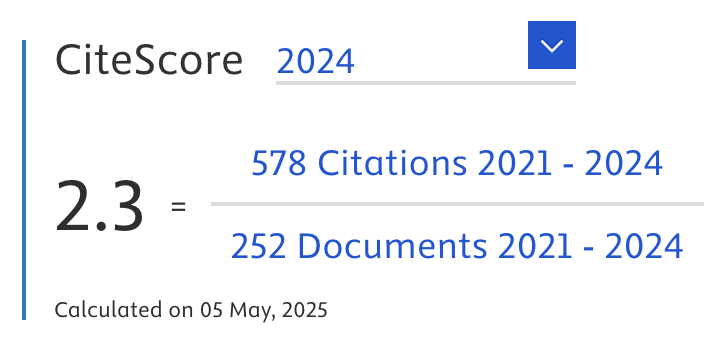A Comprehensive Data-Driven Analysis of Talent Supply using Delphi Method in Higher Vocational Education and Ethnic Minority Regions
Abstract
This study delves into the principles of structural reforms on the supply side of talent in higher vocational education, specifically focusing on the context of Guangxi, China, and extending its applicability to diverse ethnic regions. Embracing a data science approach, the research aims to develop a model grounded in theoretical foundations and policy considerations, offering insights to enhance the higher vocational education system and facilitate a high-quality talent supply. The research sample comprises 28 experts who contributed 182 perspectives on the constituent elements of higher vocational education reform in ethnic minority areas. Leveraging the Delphi method, the study employs qualitative evaluation methods through anonymous questionnaire surveys to ensure reliable feedback. A comprehensive survey includes 391 participants representing various stakeholders, such as the education department, teachers, industry experts, and students. Utilizing mathematical statistics and SPSS AU22.0 for data analysis, the study confirms that adaptation indicators meet established standards, aligning the theoretical model with measured data. Descriptive analysis and correlation testing of model variables reveal moderate to high average values, indicating a significant positive correlation between the scales. The study explores the layout of universities, major settings, curriculum systems, and talent cultivation as independent variables, with a focus on their influence on vocational talent cultivation. Additionally, it covers the demand side of talents, incorporating perspectives from the government, society, students, and parents. The analysis assesses the satisfaction of the supply side of higher vocational education, exploring specific manifestations of the contradiction between talent supply and demand. Through attribution analysis, the study concludes by proposing considerations for the supply-side structural reform of higher vocational education talents in Guangxi and similar ethnic regions. This research, rooted in data science methodologies, provides valuable insights for educational policymakers and practitioners. It sets the stage for further exploration into the dynamic interplay between data-driven decision-making and structural reforms in the higher vocational education landscape.
Article Metrics
Abstract: 417 Viewers PDF: 242 ViewersKeywords
Full Text:
PDFRefbacks
- There are currently no refbacks.

Journal of Applied Data Sciences
| ISSN | : | 2723-6471 (Online) |
| Collaborated with | : | Computer Science and Systems Information Technology, King Abdulaziz University, Kingdom of Saudi Arabia. |
| Publisher | : | Bright Publisher |
| Website | : | http://bright-journal.org/JADS |
| : | taqwa@amikompurwokerto.ac.id (principal contact) | |
| support@bright-journal.org (technical issues) |
 This work is licensed under a Creative Commons Attribution-ShareAlike 4.0
This work is licensed under a Creative Commons Attribution-ShareAlike 4.0





.png)